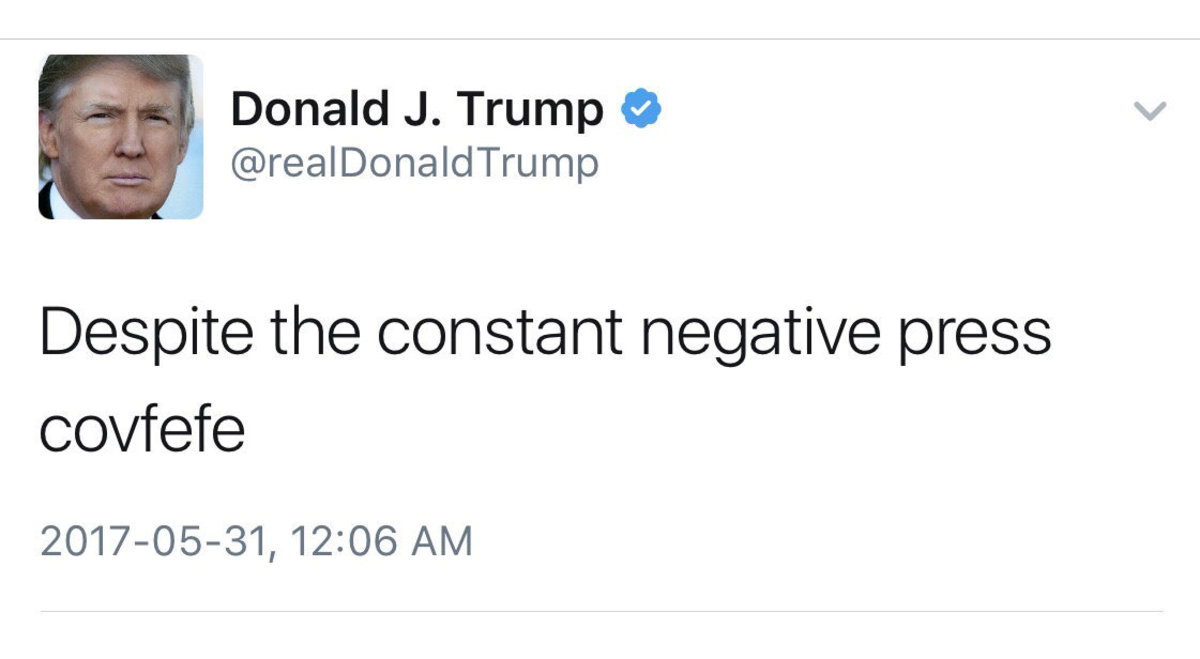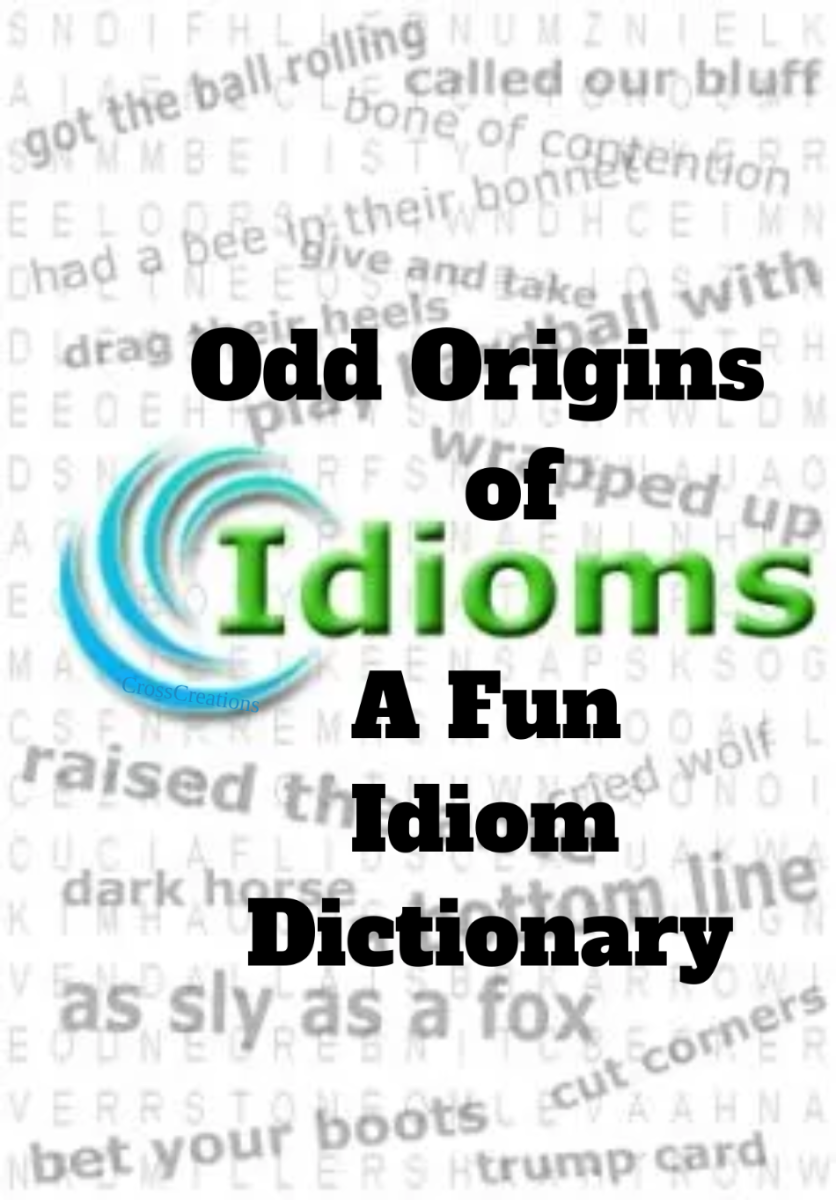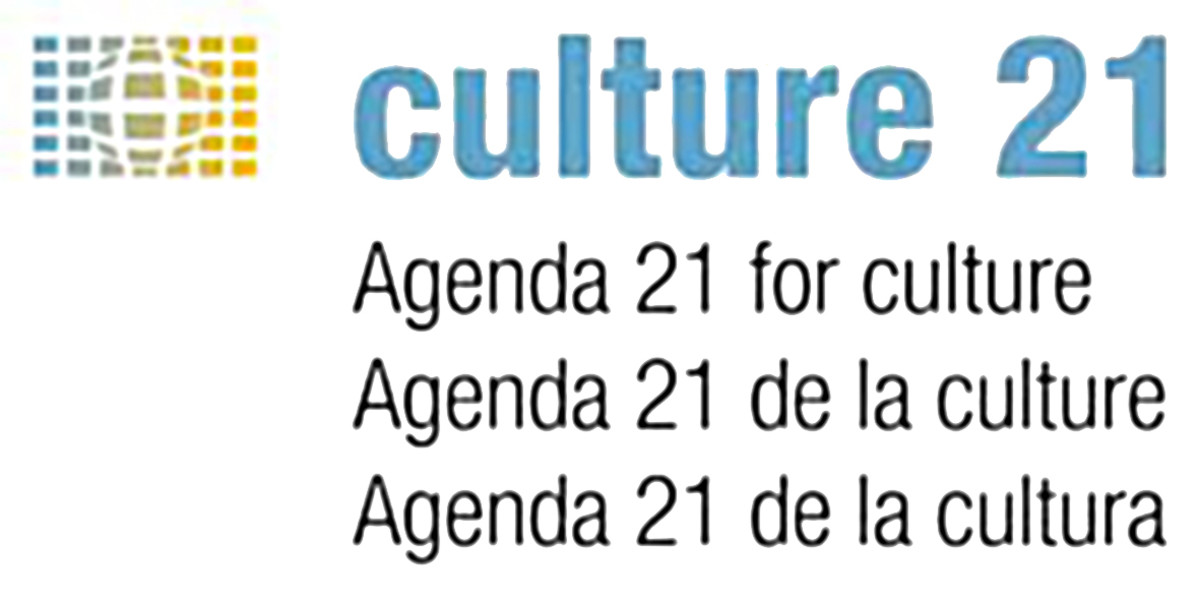Why we should bleach some words in the English Dictionary
A question about a thousand words
I'm writting this blog because of a question about the definition of the word "black" in the English dictionary.The text below was my response it may be your's as well.If ,not you can make your comments in the space provided below as always.
Most likely because some people of the white race and probably some even of lighter shades of black pigmented skin all associate the color black with what they see in their every day experiances in their lives.Fire turns things black and when something needs cleaning such as clothing,dishes,or just about anything you can think of when it's gray or black in color .That's a fundimental association with your environment.White is associated with something that is clean.Associations with some who happens to be a particular color seems to leave the person who experiences it with a negative or positive outlook .The color White has it's negative social associations as well as it's practical associations when it comes to percerption.It's obvious that being good or bad has nothing to do with your skin color The fact that you happen to be a particular skin color should be irrelavent however history reminds us of negative associations with skin color.However associations are not easy to disspel.
White flour was considered something that was desired.by some white people and you can still buy bleached white flour in the stores.Although it's not healthy to eat it's still bleached.for appearance sake Stupid isn't it.! Look at white sugar,same thing,It's white because as you say it's considered pure.Well it may be pure ,but it sure isn't as healthy as brown sugar ,which has a black substance called molasses which is healthy.Then there is blackened barbecue which tastes quite good.So black or white they both have their good points as well as their bad ones.it's all in the perception of ,or eye of the beholder as they say.
Most general Dictionaries printed in America were printed by the English naturally seeing as America was started by Englishmen.There are specialized dictionaries.Usually science.Maybe you could try printing up a black dictionary.I know there is such a thing as ebonics ,although I personally am not familiar with it. That's how languages got started in the first place.Even the English language is made up of many other languages.There are a lot of dielects out there .My feeling is language is what keeps people together in some ways.Just as tradition does.
Maybe that's why some of those in power have tried to break up some peoples language and traditions.Such as the Eskimos as well as the American Indians. It would be harder to control them if you can't or don't understand their language The Eskimo children were taught to speech English.In fact I remember hearing that at one time there was only one language in the which would not require anyone to have a translator. All you need do is look at history to know that translation of an enemies language if not known previously as well , man made military codes were required if you wanted to protect your messages from being read by the enemy.The American indians provided just such a language for the American military to use during world war two.I know it's easier to learn a language before the age of five.Personaly I only know one ,as my mother was ostrisized in school as a child by the teacher for not being able to speak English.Her parents were immigrants and had a hard time learning English.So she made it a point that we were only to learn English.
Translators could lie about what they were supposed to be translating ,if someone wasn't there at the same time who was trusted to make sure that what was being translated was correct.A wrong translation could cause a war,if that was the desire of the translators If both sides were doing that very same thing ,mistranslating what was said.Only the translators themselves and anyone who understood what the translators were saying were saying would know that.
INTERNATIONAL DICTIONARIES









